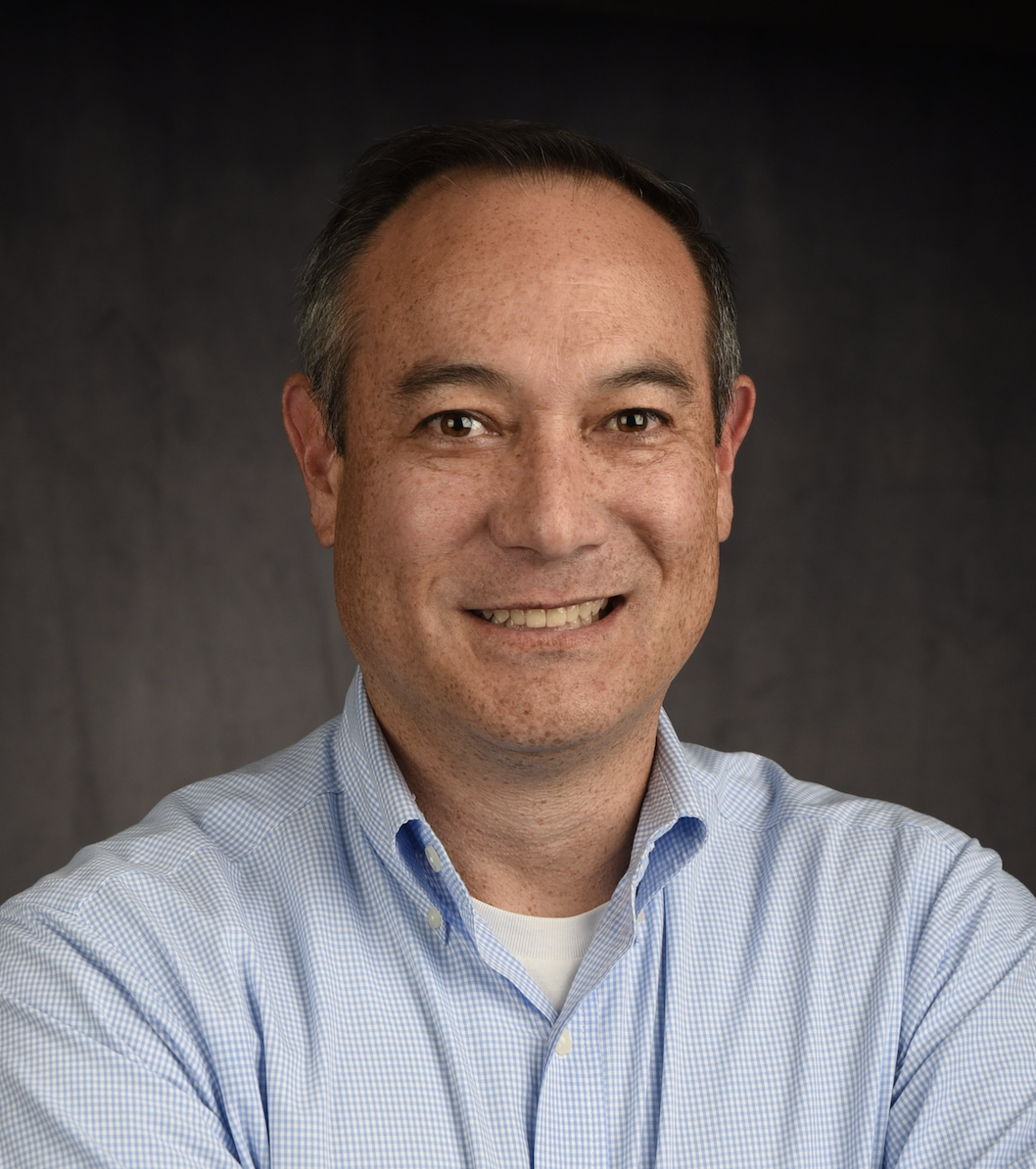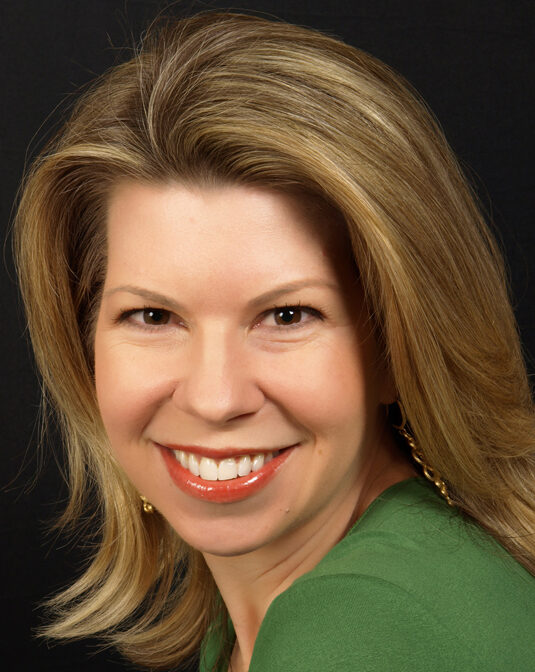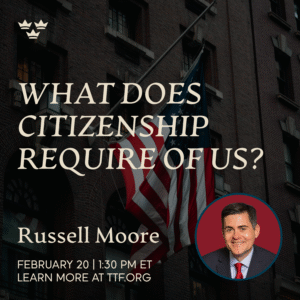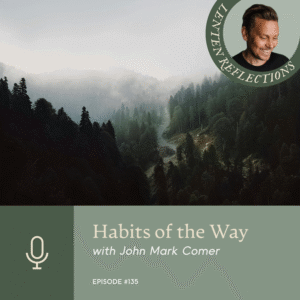Disagreeing Well: Is It Possible? with John Inazu
April 19, 2024
Overview
Speakers
-
 JOHN INAZU
JOHN INAZU -
 CHERIE HARDER
CHERIE HARDER
SHARE

